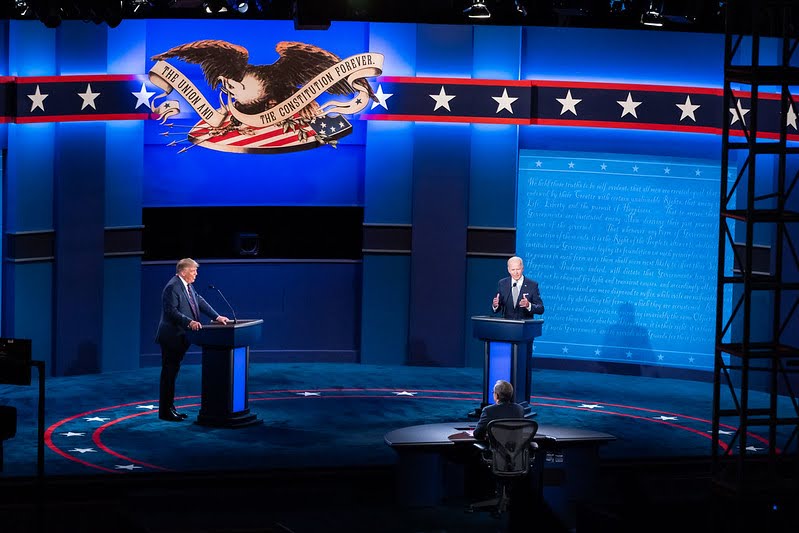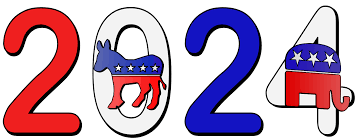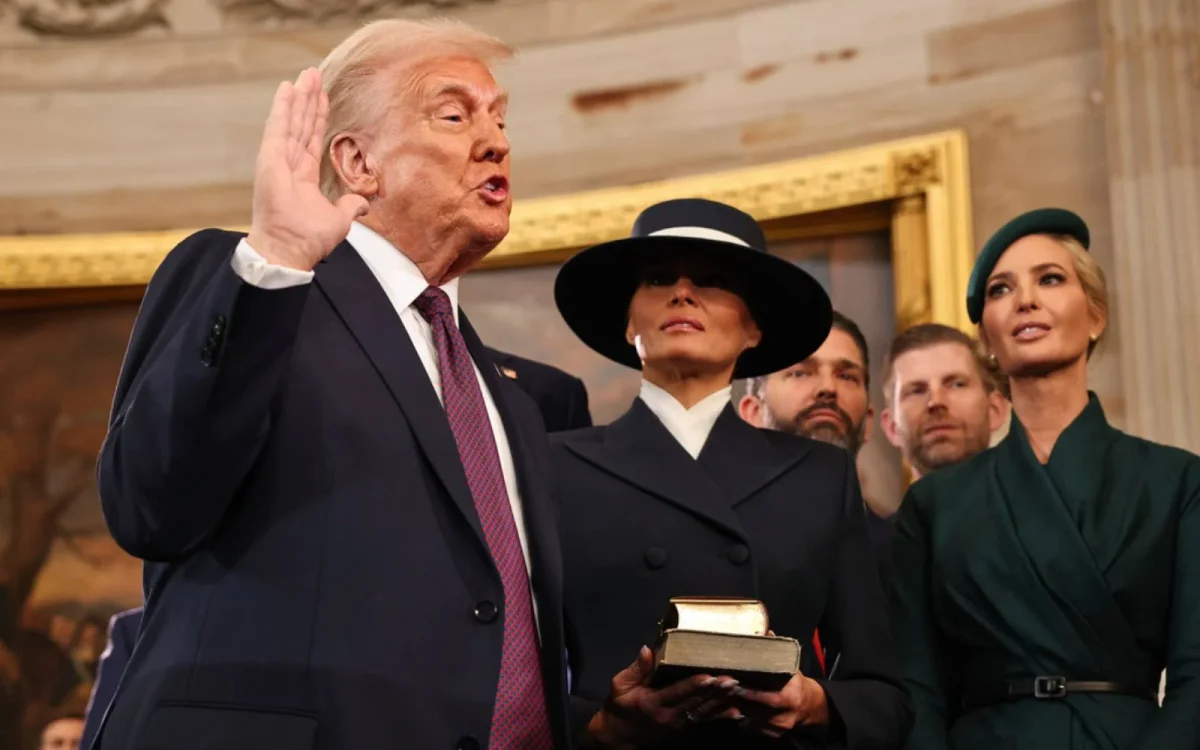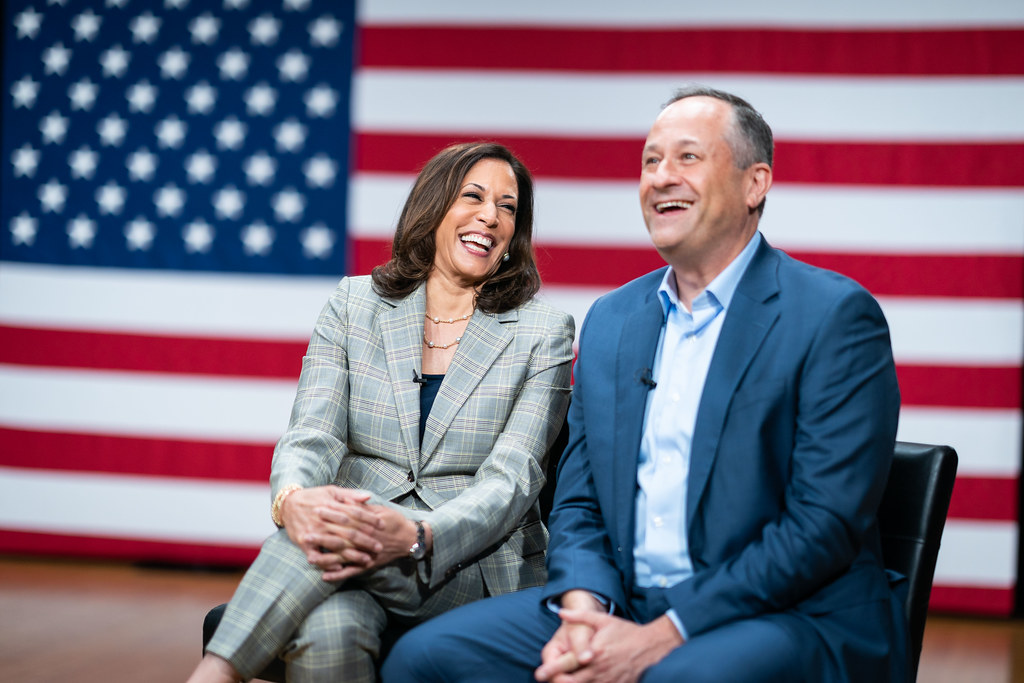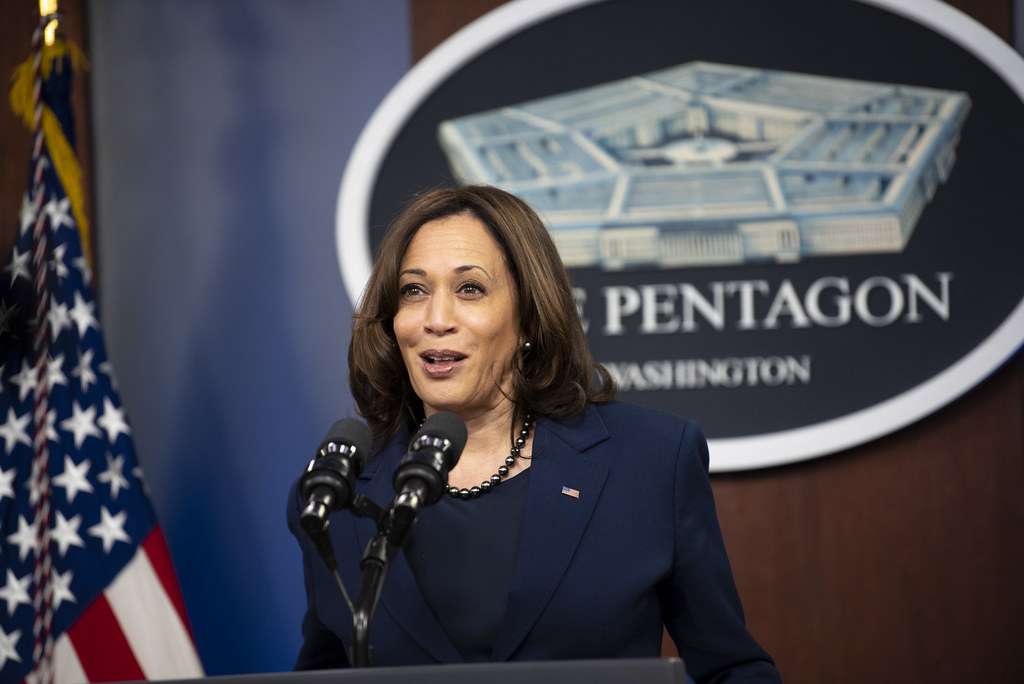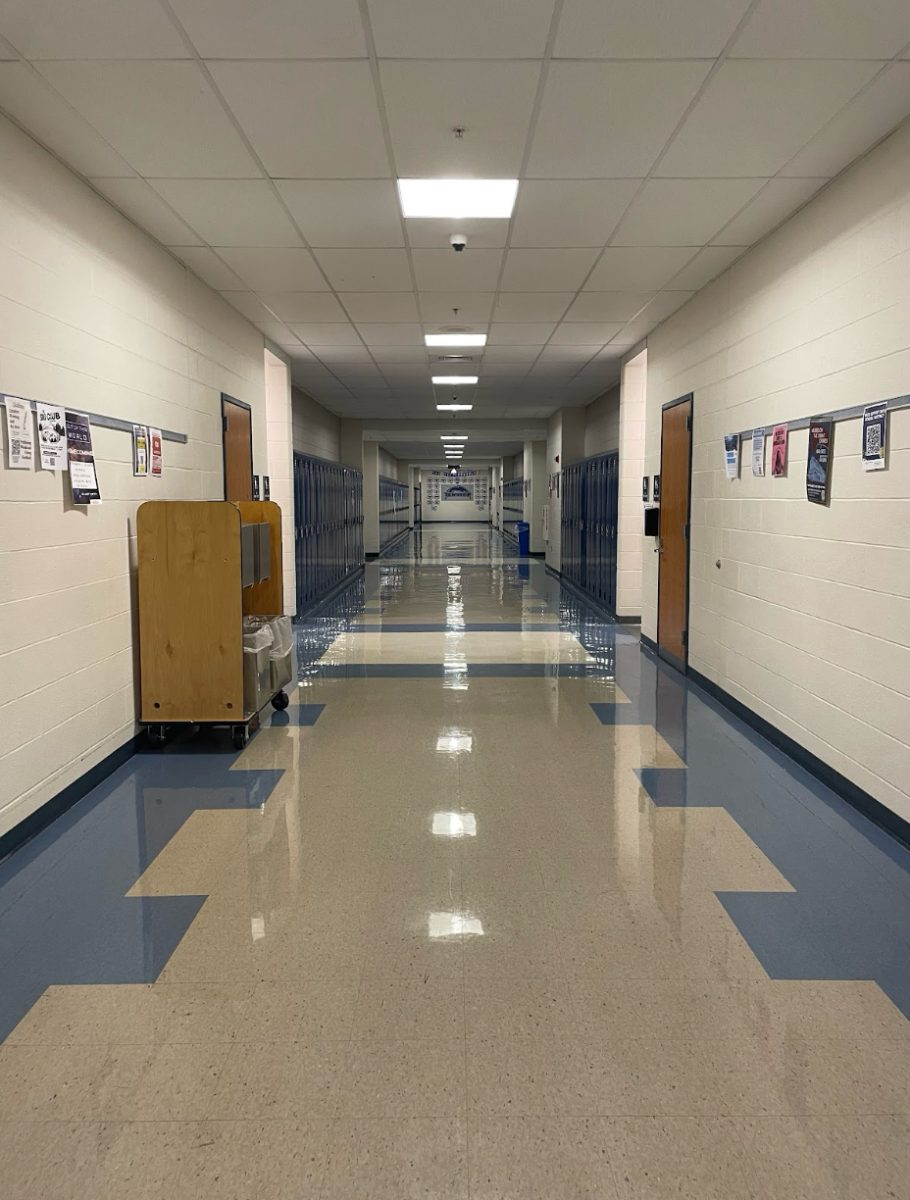In the aftermath of the second Presidential debate– the first between former President Trump (the Republican nominee) and his new opponent, Vice President Kamala Harris (the Democratic nominee)– many are left wondering when, or if, the next one will occur.
The past several election cycles have been characterized by three presidential debates, although there were only two during the 2020 election due to cancellations from COVID. The 2016, 2012, 2008, 2004 and 2000 presidential elections all featured three debates between the Republican and Democratic nominees. Each of these elections also featured a debate between the Vice Presidential candidates, a practice that continued this year on Oct. 1.
Even so, it seems increasingly likely that tradition will be broken this election cycle, as the possibility of another debate between the presidential candidates continues to decrease.
After the Sept. 10 debate, a CNN poll showed that many agreed Harris was the clear victor. When asked prior to the debate, respondents were split 50/50 in regards to who they thought would perform better. Afterward, when asked who they believed did the better job regardless of political affiliation, 63% of respondents chose Harris as opposed to 37% that chose Trump.
Several days later, Harris welcomed an invitation from CNN for another debate. She made a post to X that she would “…gladly accept a second presidential debate” and expressed hope that former President Trump would join her.
This does not seem likely, however, as Trump released his own statement on TruthSocial, in which he declared that “THERE WILL BE NO THIRD DEBATE”. Similarly, he said it was “just too late” at one of his rallies hosted after the encounter.
As Trump’s comments crushed many peoples’ hopes for another debate, it left others wondering: Would another debate actually have any effect on voting?
With less than 30 days to the election, many Americans are scrambling to understand more about the two presidential candidates, especially Vice President Harris. While the debate left many with a more favorable opinion of her, Americans are curious: Will the results of the debate actually affect the election?
If you asked someone who had only ever watched the debate between Trump and Biden earlier this year, they might be tempted to say yes. After all, Biden’s disastrous performance is most likely one of the reasons he chose to step down from reelection, which changed the course of the election entirely. If one’s only experience with debates is viewing the catastrophic fallout that ended Biden’s run, it’s unsurprising that they would believe them to always be as important.
Historically, though, that isn’t necessarily true. Although it was widely agreed that Trump lost each of his debates against Hilary Clinton, his opponent in the 2016 presidential election, he still won the presidency that November.
This leaves the simple truth that, in many cases, the debates’ results don’t matter. A Harvard Business School study showed that “72% of voters make up their minds more than two months before the election”, which in many cases is before the debates even begin.
The intense polarization that has overcome the country in recent years is a key factor in these early decisions. It’s increasingly common for Americans to vote along their party-lines rather than looking at specific candidates or policies, leaving any debates unlikely to sway them from their chosen side.
In conclusion, it remains unclear whether or not there will be another debate, but chances appear to be slim. If this prediction holds true, then the Vice Presidential debate was the last time Americans would see Presidential tickets battle it out with one another prior to the November election.


